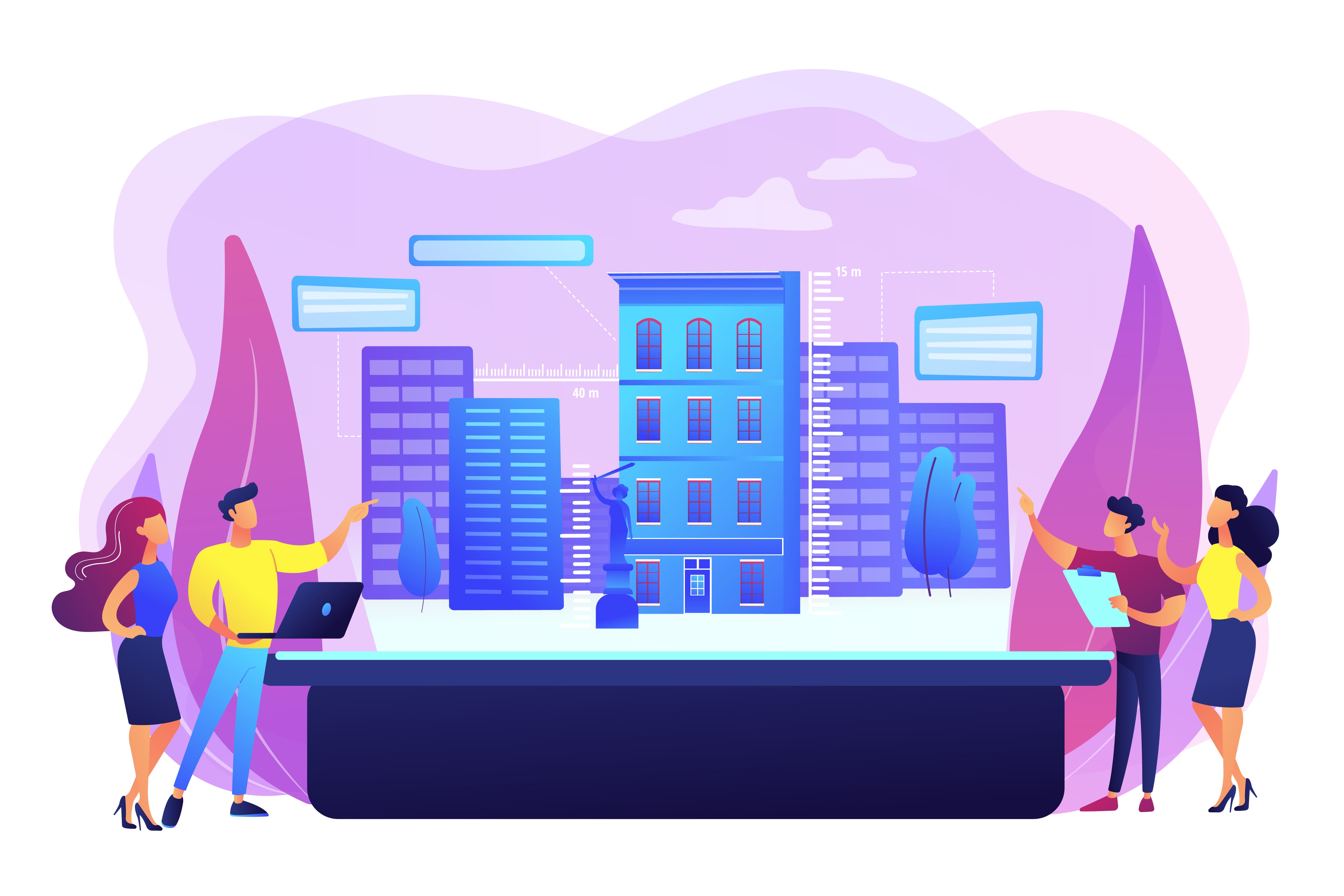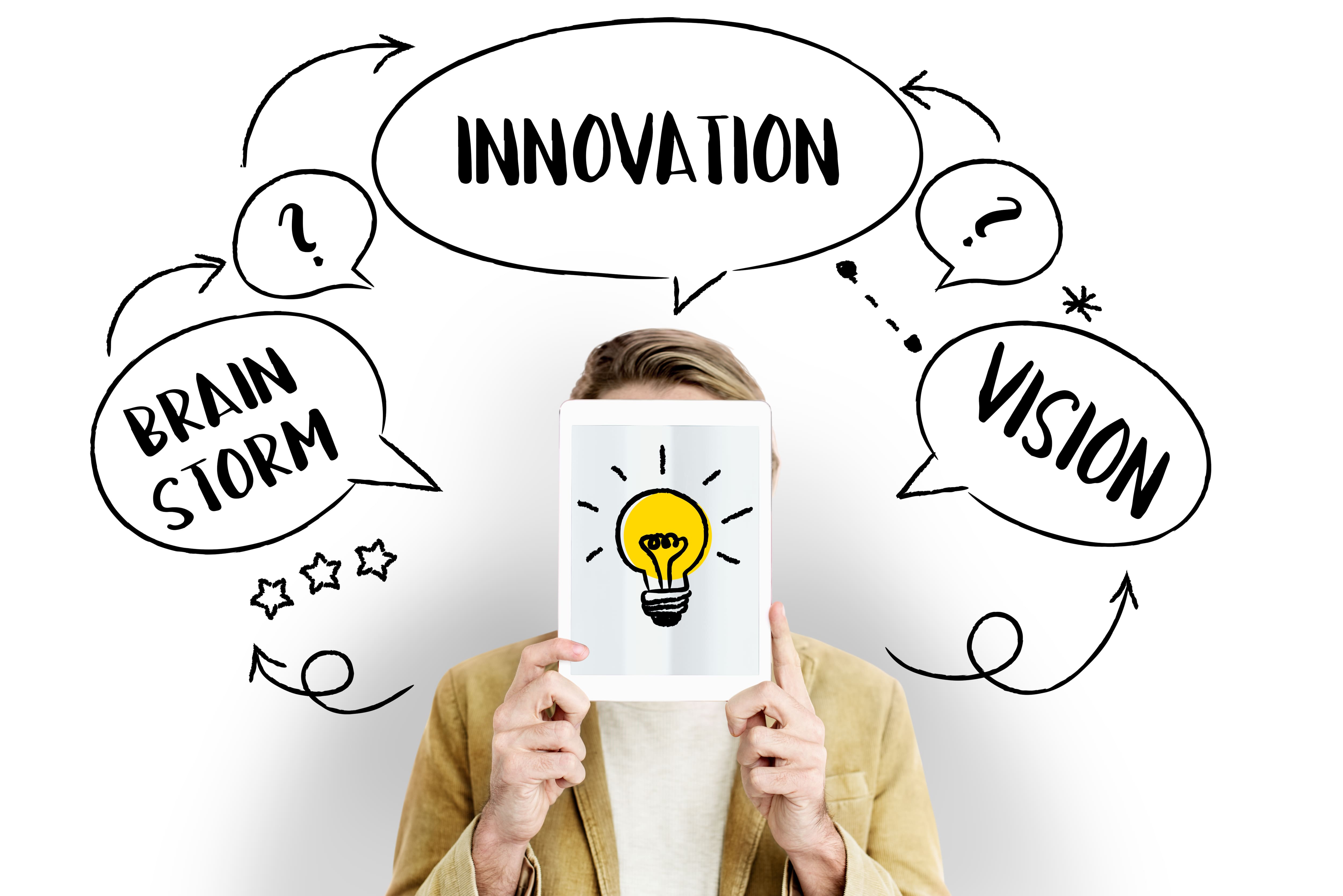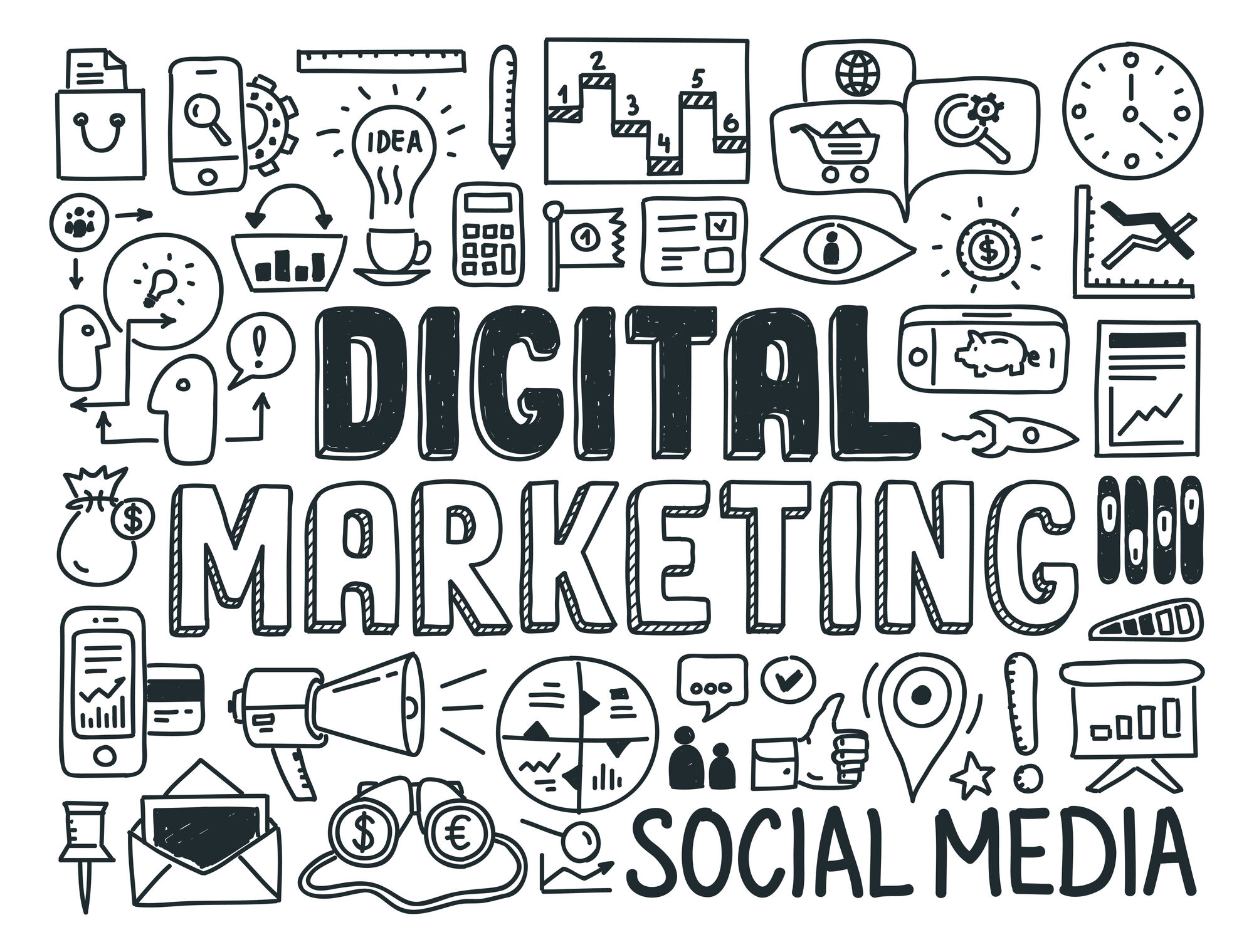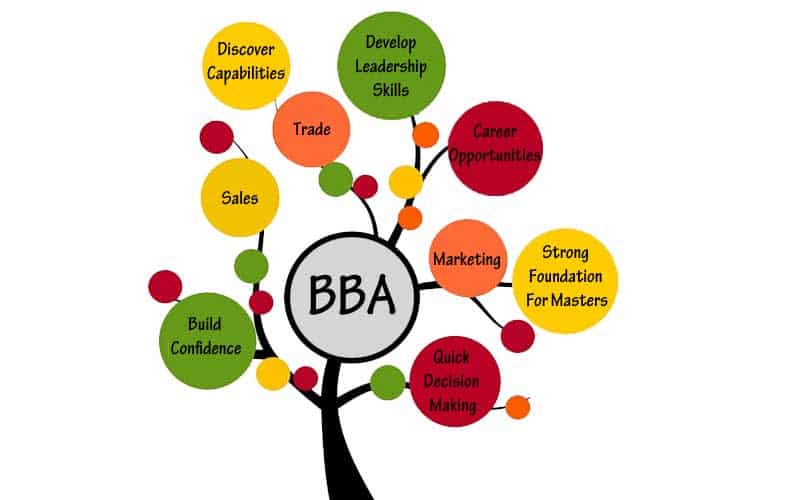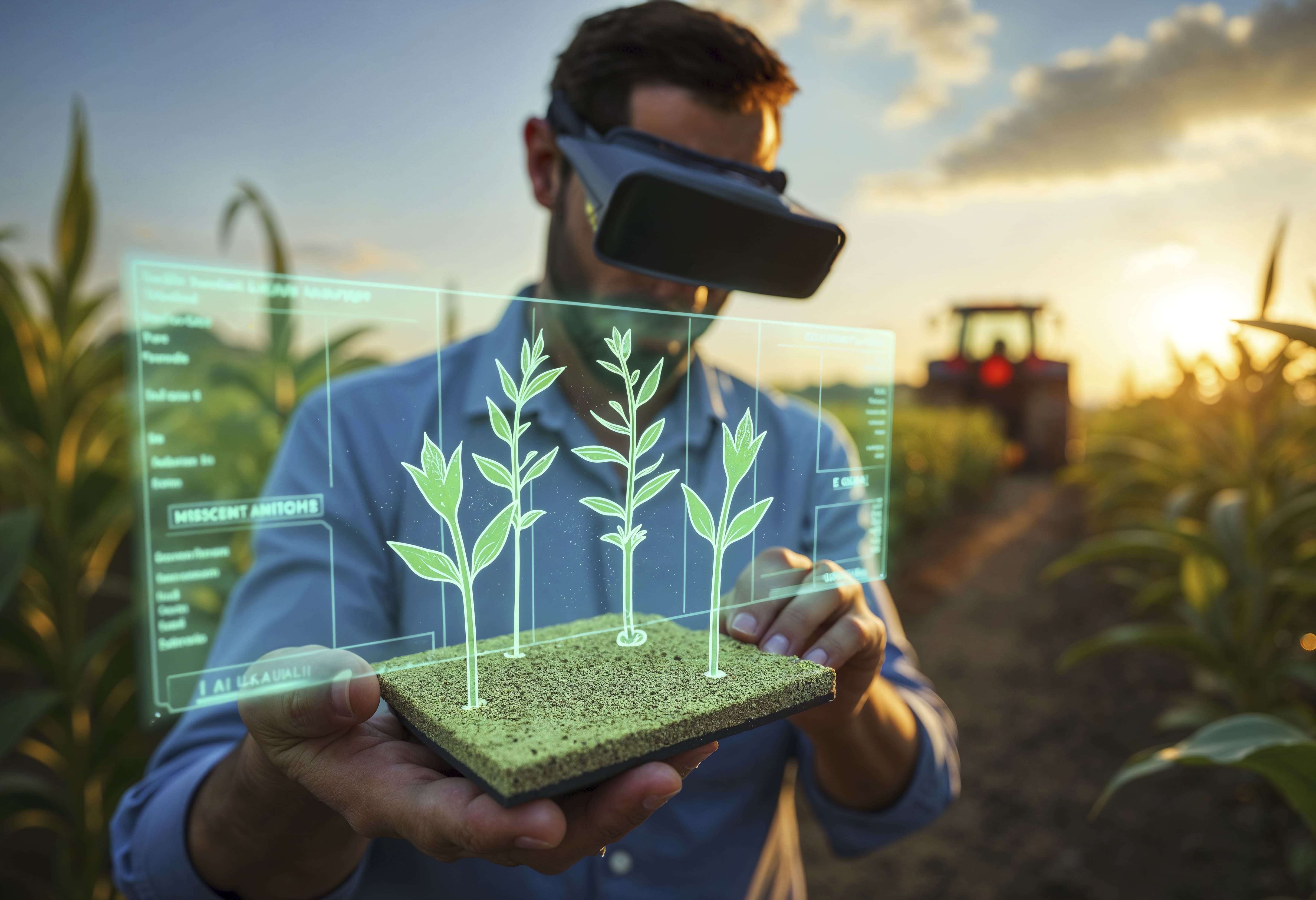 SIMT
SITASRM INSTITUTE OF MANAGEMENT & TECHNOLOGY
SIMT
SITASRM INSTITUTE OF MANAGEMENT & TECHNOLOGY
 SIMT
SITASRM INSTITUTE OF MANAGEMENT & TECHNOLOGY
SIMT
SITASRM INSTITUTE OF MANAGEMENT & TECHNOLOGY

SIMT
SITASRM INSTITUTE OF MANAGEMENT & TECHNOLOGY
Menu
7 Reasons Why Sustainable Business is the Future of Success

The world is changing. Consumers are more aware. They care about the planet. They want businesses to do better. This is why sustainable business is not just a trend. It is the future of success. Companies that embrace sustainability will thrive. Those that don't will be left behind.
Here are seven compelling reasons why sustainable business is the way forward:
1. Meeting Growing Consumer Demand:
Today's consumers are conscious. They actively seek out eco-friendly products and services. They support companies with strong ethical values. They are willing to pay more for sustainable business practices. Ignoring this demand is a missed opportunity. Embracing sustainability attracts these conscious consumers. This builds brand loyalty and drives sales.
2. Enhancing Brand Reputation and Trust:
A commitment to sustainability enhances your brand image. It shows you care about more than just profit. It builds trust with customers, employees, and investors. A positive reputation attracts talent. It fosters stronger relationships with stakeholders. Sustainable business builds a brand people believe in.
3. Driving Innovation and Efficiency:
Sustainability encourages innovation. It pushes companies to find new, efficient ways of operating. This can lead to reduced waste. It can lower energy consumption. It can optimize resource use. These efficiencies not only benefit the planet. They also improve your bottom line. Sustainable business fosters a culture of continuous improvement.
4. Attracting and Retaining Top Talent:
Employees increasingly want to work for companies with a purpose. They are drawn to organizations that prioritize sustainability. Offering a sustainable business model can attract top talent. It can also boost employee morale and engagement. People want to contribute to something meaningful. Sustainability provides that meaning.
5. Mitigating Risks and Ensuring Long-Term Viability:
Climate change and resource scarcity pose significant risks. Sustainable business practices help mitigate these risks. Investing in renewable energy reduces reliance on fossil fuels. Efficient resource management protects against supply chain disruptions. Considering environmental and social factors ensures long-term viability. Why is sustainability important for future generations? Because it safeguards the resources they will need.
6. Accessing New Markets and Opportunities:
The green economy is growing rapidly. New markets are emerging for sustainable products and services. Governments are incentivizing sustainable business practices. Embracing sustainability opens doors to these new opportunities. It allows businesses to tap into a growing global market.
7. Contributing to a Better World:
Ultimately, sustainable business is about creating a positive impact. It's about protecting the environment. It's about fostering social equity. It's about building a better future for all. Why is sustainability the future of business? Because it aligns business goals with the needs of the planet and society. A well-defined sustainable business strategy integrates these values into every aspect of the organization.
Key Benefits of Sustainable Business: A Summary
|
Benefit Category |
Description |
Impact on Business |
Relevance to Long-Term Success |
|
Consumer Connection |
Meeting the demand for ethical and eco-friendly products/services. |
Increased sales, brand loyalty |
High |
|
Brand Strength |
Enhancing public image and building trust among stakeholders. |
Improved reputation, stakeholder trust |
High |
|
Operational Gains |
Driving innovation and finding more efficient ways to operate. |
Reduced costs, resource optimization |
Medium to High |
|
Talent Acquisition |
Attracting and retaining employees who value purpose and sustainability. |
Higher morale, better talent pool |
Medium |
|
Risk Management |
Preparing for and reducing the impact of environmental and social risks. |
Increased resilience, long-term viability |
High |
|
Market Expansion |
Accessing new and growing markets focused on sustainability. |
New revenue streams, market leadership |
Medium to High |
|
Positive Contribution |
Playing a role in creating a better future for the planet and society. |
Enhanced brand purpose, societal impact |
High |
Conclusion
The trajectory of the global economy and societal expectations are converging towards a single, undeniable truth: sustainable business is no longer a peripheral consideration but the very bedrock of future success. The compelling reasons outlined from meeting the demands of an increasingly conscious consumer base to fostering innovation and mitigating critical long-term risks; paint a clear picture.
Companies that proactively integrate environmental and social responsibility into their core operations are not just acting ethically; they are strategically positioning themselves for resilience, growth, and enduring relevance. Ignoring the imperative of sustainability is akin to navigating a ship without a compass in a changing climate; the journey becomes increasingly perilous and the destination uncertain.
Embracing a sustainable business strategy is not merely about adapting to the present; it is about actively shaping a prosperous and responsible future for all stakeholders. The time for incremental change has passed. The future belongs to those who recognize that sustainable business is not just a better way of doing things; it is the only way to truly thrive in the long run.





